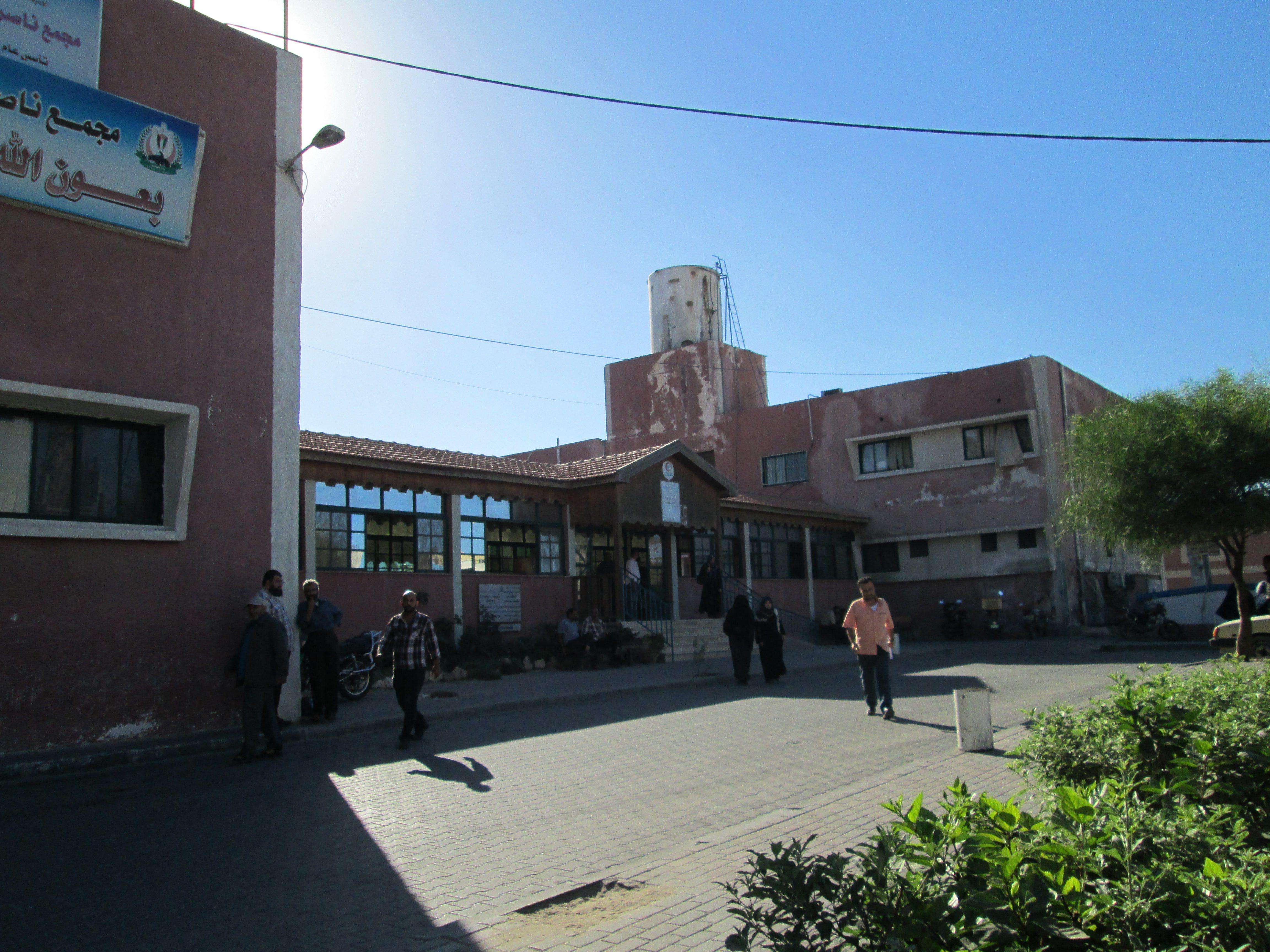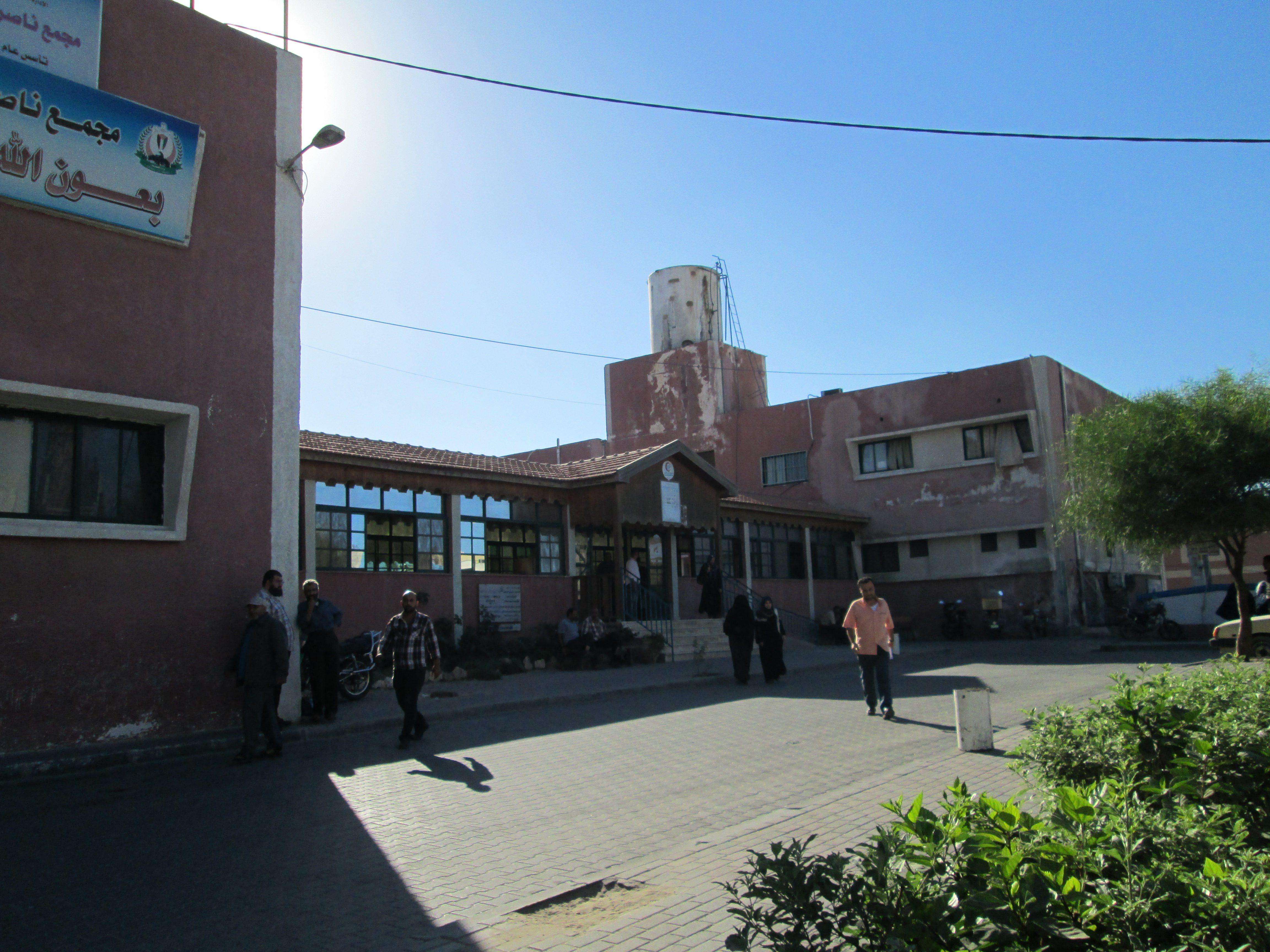A three-day ceasefire has gone into effect in Gaza. Michèle Beck, medical team leader for Doctors Without Borders/Médecins Sans Frontières (MSF), describes the situation on the ground.
"A new 72-hour truce was declared yesterday morning. Until then, I had been skeptical about truces, as previous ones had barely been observed. But, this time, the Israeli army announced its withdrawal from the Gaza Strip. And, very quickly, we felt a change.
In front of the MSF office I saw people passing by, on foot and in cars. Then I heard car horns beeping. It sounded like normal life—something I haven’t heard for weeks, because the streets have been deserted since the beginning of the war. I even heard the distant whistle of a policeman directing traffic. Life seems to be resuming. People are taking to the streets to restock their food supplies. But everything is relative. There are also funerals.
In Khan Younis, in southern Gaza, it’s a different situation. We have had a small team there since Tuesday—at long last. We had wanted to send MSF staff to Khan Younis for some time. Last Friday, we hoped it would work, as a truce had been declared. But the team had to turn back halfway because the fighting had resumed.
Since Friday, Nasser hospital in Khan Younis has received large numbers of wounded because of the renewed fighting in Rafah, a little further south. With wave upon wave of wounded arriving, Nasser hospital was overwhelmed. I’ve been told they recorded a bed occupancy rate of 200 percent.
They didn’t know where to put all the patients. That’s why they started to send the injured to other hospitals, including Al Shifa hospital, in Gaza City, where MSF is working. They were really in need of help.
With the truce finally holding on Tuesday, a team—made up of a surgeon, an anesthesiologist, and a logistician—was finally able to make the journey without incident from our base in Gaza City to Khan Younis. On arrival, the surgeon and the anesthesiologist went to inspect the wards with their new Palestinian colleagues. When they called me, they said that there were many wounded, but that the situation was not quite as catastrophic as they had expected. The number of beds in the intensive care unit had tripled, and there were still some unoccupied beds.
After getting an overview, they went straight to the operating theater to start performing surgery on the injured. Meanwhile, the logistician managed to find a place for the team to sleep: some mattresses laid out in a section of unoccupied corridor. It’s spartan, but it will be good enough for a couple of days.”
MSF has been working in Gaza for more than 10 years, providing medical, surgical, and psychological services. It also responded to the 2009 and 2012 emergencies in Gaza.





